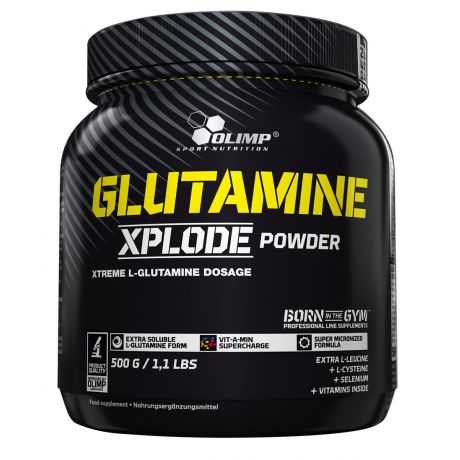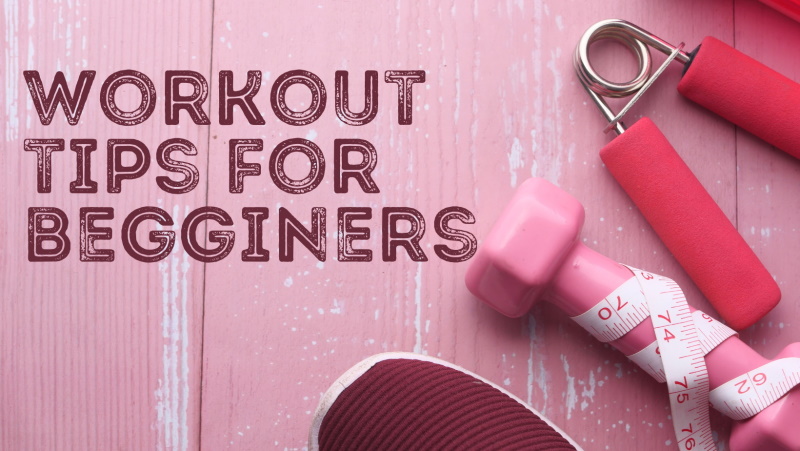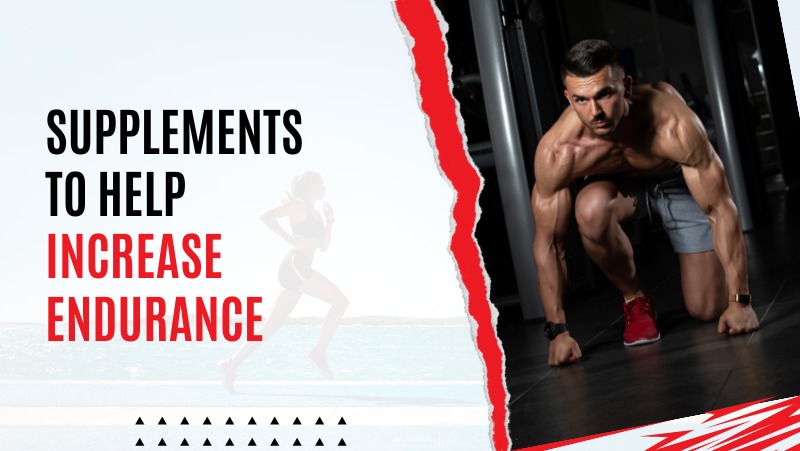Professional Training - What you need to know
New Zealand vs Pakistan
As we already know after losing the draw, Pakistan took control of the semi-final, with Shaheen Shah Afridi removing Finn Allen in the first match and Devon Conway being ejected by Shadab Khan.
Colorful outfits, distinctive pads and trussed-up helmets - football attracts attention by its very appearance.
Did you know that proper nutrition and supplementation are an essential factor in consciously achieving a good sporting result? They also have an impact on maintaining a player's health.
Let's start at the beginning!
When thinking about a playing career, it's worth looking for a club or team where you can start training.
How do I train?
Training should consist of 4 elements:
Running/sprinting
The best players need tremendous explosive strength and endurance to do this throughout the game.
Therefore, it's important to train regularly at maximum intensity to be prepared for this kind of effort when you need it most.
Strength training
With bigger muscles, you can run faster. They also help you wrestle with your opponent, win a clash in the air, and kick on!
Technical skills, ball play and match tactics
These are skills you will learn by training with your coach, on the pitch, along with the rest of your team.
Mental training
You can have all the tactical skills mastered, the stamina to run all the way through a match, but if your head isn't in the right place, it won't matter. This applies to sport at every level.
When you are approaching your physical limits, the mind gives up faster than the body. But it's also important to be aware of when you start to go beyond what is safe for your body.
Healthy eating is important!
In the world of sport, diet should not be associated with food restriction, but with a well-balanced nutritional plan that includes virtually all food groups in the indicated proportions.
For each sport, energy and nutritional needs are defined, considering the demands arising from the specific nature of the sport. This depends on the nature, intensity and duration of the exercise. The most commonly observed vitamin and mineral deficiencies in athletes are an inadequate supply of calcium, iron and B vitamins. Properly planned nutrition for athletes makes it possible to supplement the need for vitamins and minerals and ensures optimum preparation for exercise.
Supplementation as the perfect supplement!
Regular and intensive physical activity involves significant energy loss, thus increasing the body's need for energy, all macronutrients and vitamins and minerals.
Depending on your activity, your body needs more protein, carbohydrates or fats. A properly balanced diet can fully cover the demand for the above-mentioned nutrients, but this is not always possible. In such a situation, supplements in sport are completely justified and, with the right dose of knowledge and experience of specialists, you may consider enriching your daily menu with some interesting specifics.





Post comments
Leave A Reply
Your email address will not be published.